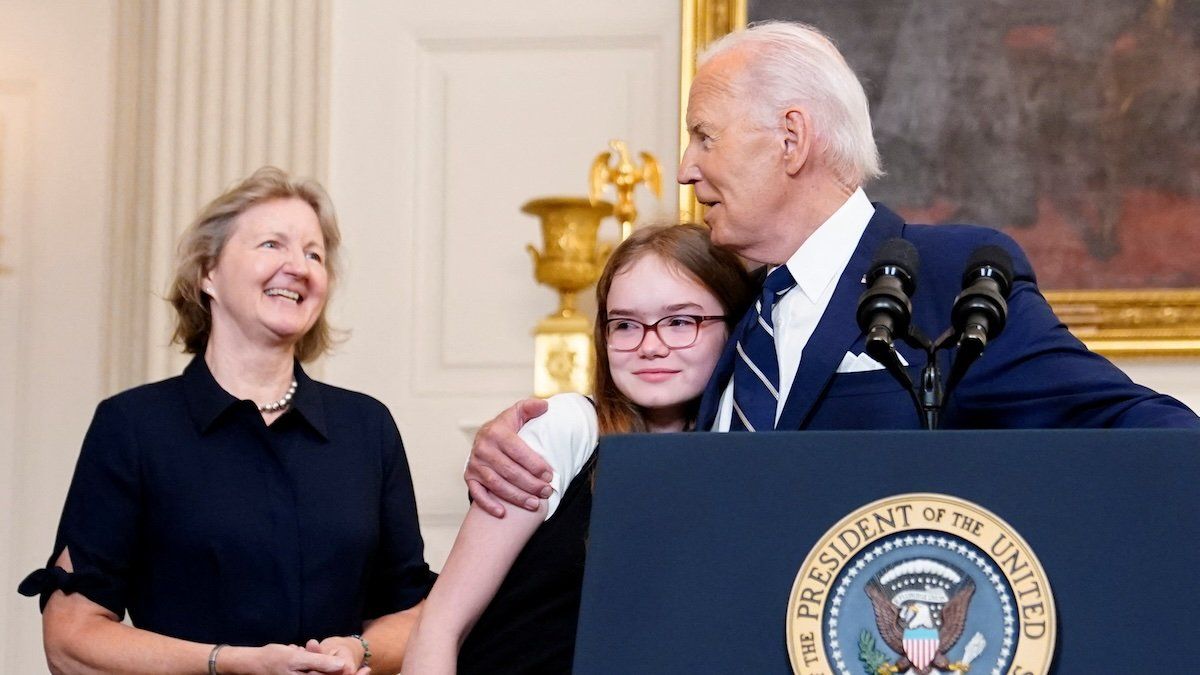A major prisoner swap between the West and Russia took place in Turkey on Thursday. The exchange, which involved two dozen people imprisoned in multiple countries, saw Moscow free US journalist Evan Gershkovich, who was recently sentenced to 16 years on espionage charges by a Russian court, and former US Marine Paul Whelan, who was also charged with spying. The US has repeatedly said the espionage allegations against both were baseless.
President Joe Biden addressed the nation on Thursday, lauding the deal that secured their releases as “a feat of diplomacy.”
“All told, we’ve negotiated the release of 16 people from Russia — including five Germans and seven Russian citizens who were political prisoners in their own country. Some of these women and men have been unjustly held for years. All have endured unimaginable suffering and uncertainty. Today, their agony is over,” Biden said.
The president said journalist Alsu Kurmasheva, a dual US and Russian citizen, and Kremlin critic Vladimir Kara-Murza, a US permanent resident, were also released.
Vadim Krasikov, a Russian imprisoned in Germany for murdering a former Chechen militant, was also part of the exchange — which marked the largest prisoner swap between the US and Moscow since the Cold War.
There were rumors in recent days that this swap could be coming as high-profile prisoners began to disappear from their prisons.
Is this a sign of Moscow's willingness to engage in broader diplomatic efforts with the West? Unlikely, says Tinatin Japaridze, a regional expert and analyst at Eurasia Group. "Even though some will interpret the latest move as a signal of potential Russian openness to hold constructive negotiations on Ukraine," she says, "it is too soon to jump to those conclusions."
And no, it's not time to book that flight to Russia. "Russia will continue to be a very unsafe place for many Westerners," Japaridze says. "The threat emanating from the Kremlin, which takes foreign hostages, jails its own dissidents for speaking the truth, and ruthlessly murders activists in Russian prisons, will unfortunately persist even after this very positive development."
